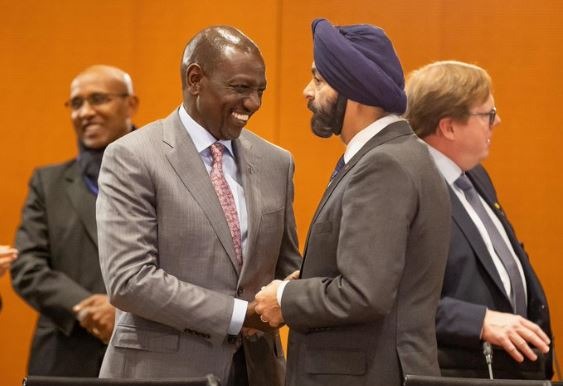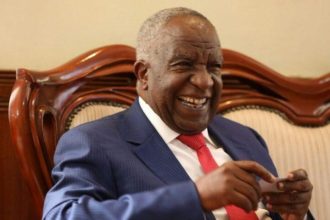The current deadlock in Kenya’s governance reform efforts is largely attributed to the government’s failure to pass the Conflict of Interest Bill, which aims to implement strict accountability standards for politicians and public officials.
This legislative delay has significant implications, as the World Bank has halted the disbursement of a vital loan amounting to KES 97 billion, or approximately $750 million.
This funding was intended to be released this month as part of a Development Policy Operations loan, contingent upon Kenya’s commitment to enacting essential reforms that would enhance fiscal management and governance frameworks.
The Conflict of Interest Bill is particularly crucial, as it is designed to prevent government officials from improperly influencing the awarding of lucrative contracts to businesses they own or are connected to through associates. However, President William Ruto initially rejected the bill in June, pointing to twelve specific clauses that he believed undermined the effectiveness of the proposed legislation.
While the National Assembly accommodated his concerns, the Senate subsequently blocked key provisions, including those prohibiting government officials from seeking public tenders and requiring regular wealth declarations.
Beyond the conflict of interest legislation, Kenya has also failed to implement other critical reforms including the adoption of a single bank account for public finances and the automation of government procurement processes to eliminate collusion and contract manipulation.
World Bank Division Director Qimiao Fan confirmed that the release of funds remains conditional on Kenya completing all agreed prior actions and maintaining an adequate macroeconomic policy framework.
The bank had previously disbursed KES 155 billion as the first tranche of this facility last year.
The funding freeze creates a significant budget hole for Treasury Cabinet Secretary John Mbadi, who had not anticipated this delay in his fiscal planning.
The government now faces the choice of increasing borrowing amid Kenya’s already substantial public debt burden or implementing spending cuts to balance the budget.
Kenya’s reliance on World Bank financing is set to deepen, with the Treasury projecting loan requirements of KES 170.5 billion annually over the next four budget cycles, up from KES 129 billion in the recently concluded fiscal year.
This increased dependence comes as the country has effectively ended its relationship with the International Monetary Fund after failing to meet 11 key conditions, resulting in the loss of KES 63.3 billion in potential IMF funding.
The World Bank’s decision underscores the increasing pressure on developing nations to demonstrate concrete progress on governance reforms before accessing international financing, particularly as global lenders become more selective amid tightening fiscal conditions worldwide.





